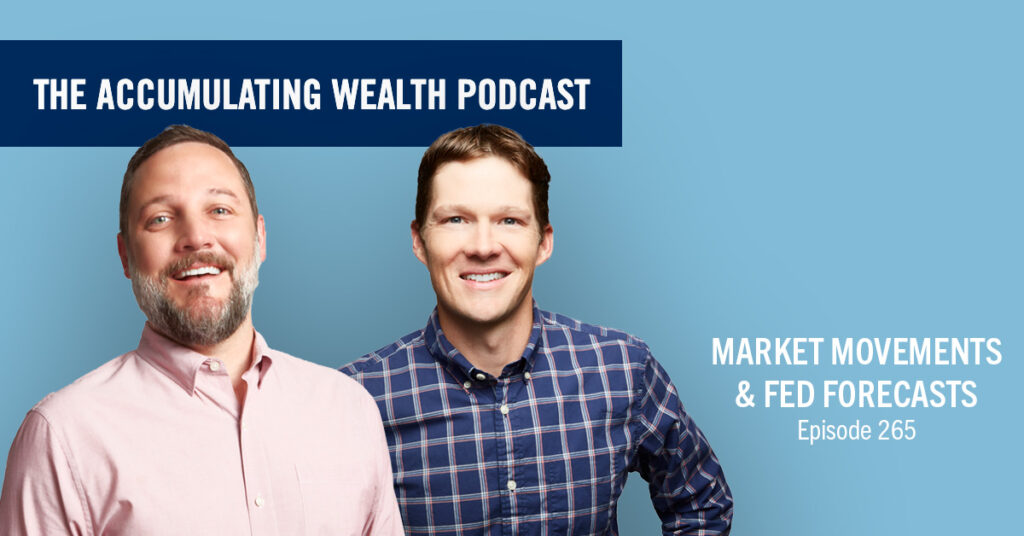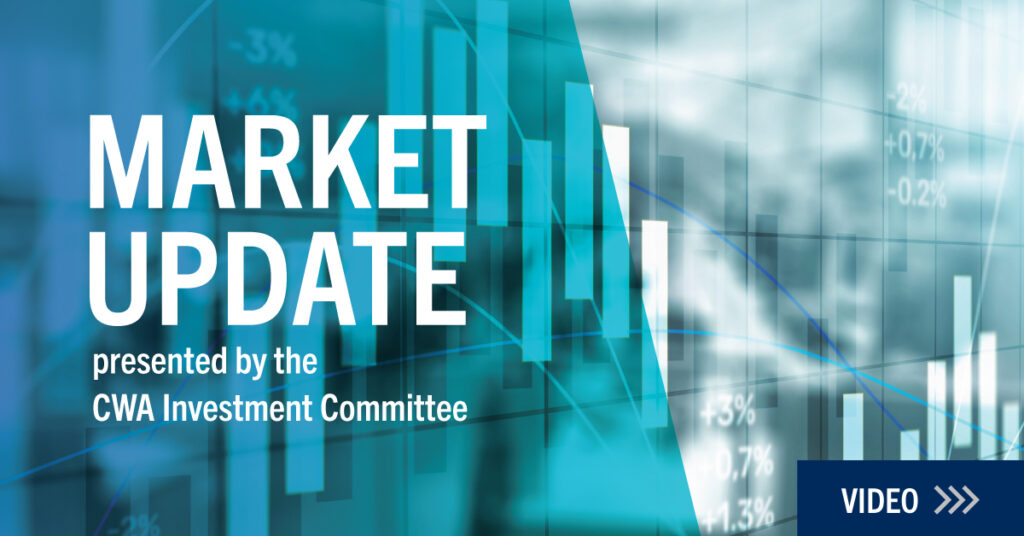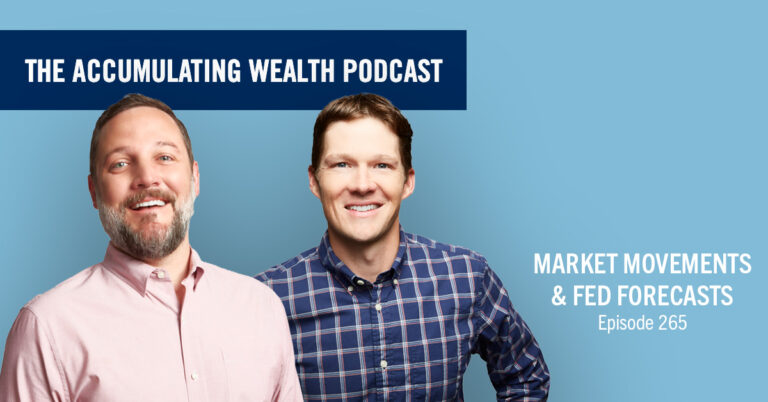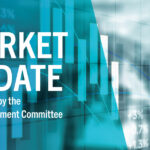Politics don't need to have a place in your portfolio
Key Takeaways
- Historical data proves it’s impossible to time the market.
- A good financial strategy considers your risk tolerance and personal goals.
- It’s more important to have a smart, long-term plan than to pursue temporary gains.
As the 2024 presidential election looms, many investors are pondering how the results will impact their stock investments. Is there a perfect scheme for a temporary gain? Could a change in leadership or political party cause a drastic shift in your financial foundation?
Data is available for each election year since 1928 for the Standard & Poor’s 500 Index (S&P 500). If you were to examine each presidential election year closely, you would observe a trend: each year posted a positive return for the index fund, except for three years, including 2008. However, consider another market observation: during the entire 20th century, every mid-decade year that ended in 5 (1905, 1915, 1925, etc.) returned a profit. Is it a good idea to try and game the cycle? Is investing based on these correlations a sound strategy?
Brad Sanders, managing director of Tectonic Advisors, points out that it’s easy to assign causality in the market.
“The past is definite, but the future is uncertain. Biases are everywhere, and we often don’t know we have them. Recency bias is a big one. We have all this data now that you can backtest. You can find many strategies that work, but perhaps you’ve cherry-picked data. Nobody can time the future of the market,” says Brad. “It’s been proven.”
Human behavior drives markets – not the president
It’s human nature to seek out patterns; however, it doesn’t always mean the patterns we discover are relevant to the decisions we make, particularly financial ones. In fact, there’s an entire field of study dedicated to the psychology of financial decision-making. It applies insights from psychological research to finance. By closely examining the connection between the two, we can better root out bias that may drive us to identify patterns in past performance or influence our emotions.
That’s especially important in our increasingly volatile political landscape. We may make emotional investment decisions based on the election. It’s difficult to separate financial decisions from the political circus to keep calm and stay smartly invested.
“In and of itself, the president doesn’t wield the sword that drives the economy,” explains Brad. “Their influence is largely limited to shaping short-term perception. The situation where you could see a lot of change and uncertainty in the market going forward is if a single party took both the presidency and Congress. If there’s gridlock, the president can’t push through the platform on which they campaigned. That’s why we have checks and balances. Right now, it is too early to speculate the results for 2024.”
Mitigating Political Risk
A Democratic president may push to hike corporate taxes and increase regulatory burdens. If re-elected, former President Trump could escalate trade wars. While political risk used to be a term used mainly in foreign policy, the average American increasingly interprets it as a risk in financial markets and the economy.
While understanding past trends and the political landscape is valuable for investing, it’s not the end-all, be-all. Understanding your tolerance for risk, your financial goals and much more are all components of a sound financial strategy that should be developed with a trusted advisor. Doing so puts you in a much better position to weather a downturn (or take advantage of a bull market) and keep your investments working for the long term.
“Human behavior drives the markets. It goes up, and it goes down. When I say that, it doesn’t mean that you shouldn’t reallocate a certain way, depending on the political landscape. This election has the potential to be more volatile because the current sentiment around politics is charged and polarized,” notes Brad.
An investor who put $10,000 in the S&P 500 in 1961 and only held the investment when we had a Republican president would have approximately $102,293 as of Dec. 31, 2023. The same investment in 1961, only held when we had a Democrat in office, would be worth $500,476. If the same investor had just put $10,000 in the S&P 500 in 1961 and held it the entire time, they would have $5,119,510. Ultimately, investors who keep politics out of their portfolios are more likely to come out on top.
Remember, it’s more important to have a smart, long-term plan than to pursue temporary gains so that your money can withstand any political landscape. Now is a good time to go back and reevaluate your portfolio, financial plan and risk tolerance with your advisor. This way, you can feel comfortable about the way you are invested during election season.
Feeling uncertain about your plan or advisor? Through decades of experience, CWA’s financial teams empower business owners with the knowledge they need to overcome uncertainty. Whether it’s an election year or not, CWA is always there to answer your looming questions with the advice and tools you need to succeed. Talk to an advisor today.














